New Zealand’s new accelerator and investment programme for regenerative agriculture
Mike Taitoko has big plans to catalyse rapid growth within New Zealand’s regenerative agriculture (regen ag) industry, with environmental outcomes, farmer support and providing access to funding all within his sights.
His new impact venture, Calm The Farm, sources impact investor funding to assist farmers and advisors with a safe and affordable transition away from synthetic fertilisers and chemicals toward regenerative and biological practices. The venture also provides support such as access to advisors and coaches, peer-to-peer support, performance and risk management tools and links into certification systems.
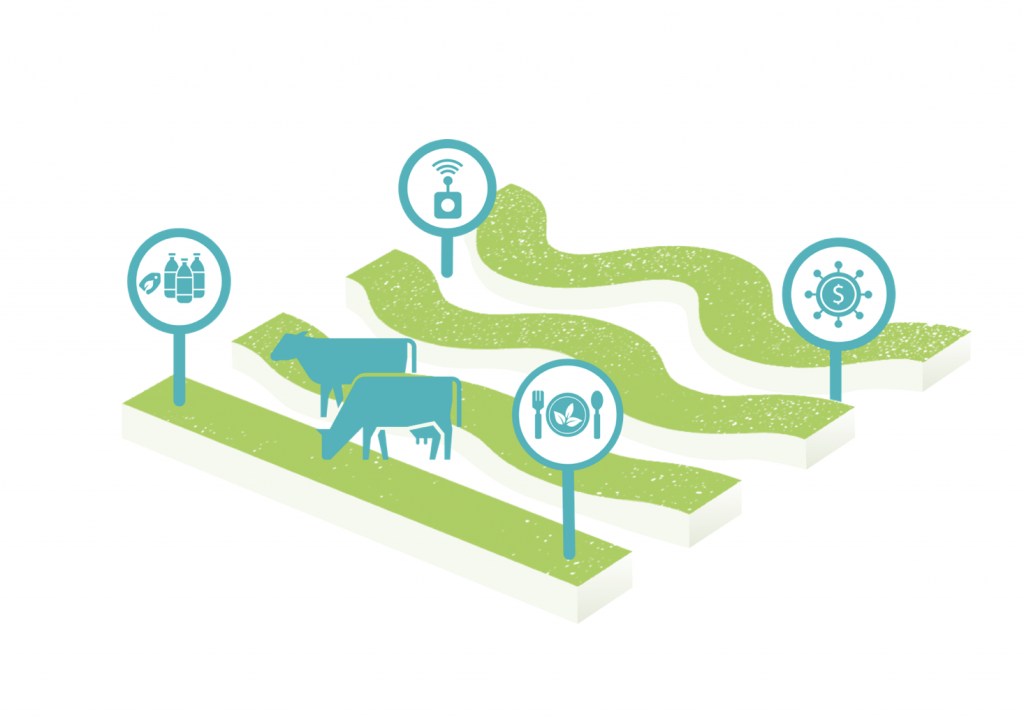
Photo: calmthefarm.nz
Mike’s awakening to the power of regen ag to restore the land and water and remove stress from farmers’ lives came through engagement with the sector and the work he does with his companies Takiwā and Toha.
A cloud-based data analytics platform, Takiwā brings together diverse data sets from government, private sector, iwi and science projects to create visualisations that provide richer insights into land use and impacts on freshwater quality. The platform specialises in turning complex data sets into simple, easy-to-understand graphics and analytics, providing all parties with a clearer view of what is happening within their catchment, farms, region or rohe (territory/boundary). Mike’s theory of change is that by providing a clearer view of what’s happening locally from multiple perspectives, people can engage in solving land use and environmental problems in a more productive and transparent way.
Over the last two years, Mike has run a series of interviews with farmers and sector stakeholders from across the spectrum, asking for their input to help develop solutions that would address declining freshwater quality while improving on-farm resilience. The findings revealed two distinct groups, worlds apart.
“Many conventional farmers were pretty stressed; physically, mentally, and financially. But we also met many recently converted regen ag farmers who had built resilience back into their farming model while reducing their environmental footprint.”
While regen ag methods and technologies have improved, many farmers still see a risk in transitioning away from chemicals and synthetic fertilisers. While evidence shows certain farms can achieve higher levels of profitability after just 2 or 3 years of operation under regenerative principlesDefinitions and Principles of Regenerative Agriculture:
1.The Original Principles of Regenerative Agriculture (Rodale Institute)
2.Definition of Regenerative Agriculture (Terra Genesis International)
3.What is Regenerative Agriculture? (The Carbon Underground) , some farmers operating on tight margins can’t afford a momentary setback in revenue generation to make the change.
It was findings like this that led to the development of Toha – an investment vehicle to address this gap in channelling funding to the frontline to improve climate and environmental outcomes. Toha is a digital platform and community aiming to facilitate the flow of finance to those doing the critical work of turning around our relationship with the environment, providing the tools for environmental and climate impacts to be funded, measured and valued.
Mike has aligned to players with a range of expertise for this mission. Co-creators include Give-a-Little founder Natalie Whitaker, as well as Professor Shaun Hendy, who has long been an advocate for aligning science with cleaning up our environment. The venture has attracted investment from Movac founders Phil McCaw and Sharon Bryant, in addition to Sir Stephen Tindall’s K1W1 fund. As a Fellow in the Edmund Hillary Fellowship, a burgeoning network of over 200 leaders focused on global impact, Mike has also been able to leverage these contacts for advice and to attract support.
With platform support from Toha, Calm The Farm aims to take an integrated approach towards nurturing a thriving regen ag industry in NZ. One of the most exciting developments is the partnership formed with EcoDetection, an Australian company creating state-of-the-art sensors that measure nutrient levels such as nitrogen in rivers and lakes 24/7. Using the same technology to what is used in airports to detect explosives, the sensors are used to track nitrogen levels in water as parts per billion as farmers shift to a zero synthetic nitrogen farming model. Proving the environmental and economic impact of reduced synthetic nitrogen inputs is one of many impact measures that Calm The Farm is implementing.
By measuring environmental impacts and performance, Calm The Farm then has the information to demonstrate investment impact. The programme also aims to connect farmers regionally and within their catchments and encourage them to band together in clubs, sharing local knowledge and learnings, and promoting better visibility of actions being taken.
Calm The Farm’s team and partners include some of New Zealand’s leading regen ag advisors including Greg Barclay from Soil Connection as well as leading soil and environmental scientists. Some members of the Federation of Māori Authorities (FOMA) have already started the process to transition to regen ag, and FOMA Innovation is also a partner to the initiative.
Mike explains that naming the programme Calm the Farm, comes from the reduced levels of stress he’s seen on farms where farmers are approaching their work in a way that is regenerative to the land.
“As well as scientific and economic indicators, we think “joy” is a super important indicator – farmers tell us they love farming again and are now working with nature instead of against it.”
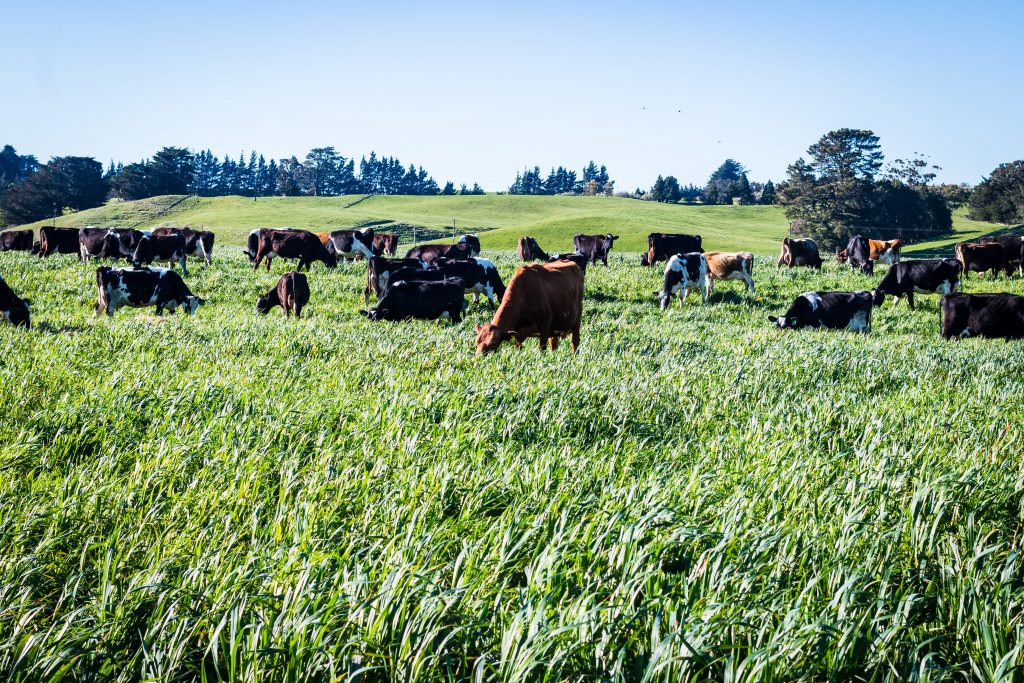
Photo: Mike Taitoko
The global movement toward regen ag is accelerating and Mike believes that while NZ is well placed to benefit from the shift, we’re a long way behind other countries in our understanding and adoption of the practices. He points to Healthy Soils legislation in the US where legislation is being passed state-by-state, supporting farmers to improve soil health in order to build on-farm resilience, sequester more carbon, reduce erosion and improve water quality.
“Ultimately, consumers and voters will drive the change. We’re seeing it now in the US and NZ needs to follow suit if we’re to support farmers to adapt rather than impose more costs and more stress.”
While not all farmers and sector players will embrace regen ag, Mike believes the growing pipeline of farmers onboarding to regen ag is exciting and evidence that kiwi farmers are ready to change the game for the better.
“Freshwater is NZ’s burning platform and farmers are in the regulators’ sights. We need to get behind those farmers shifting to regen ag and provide the support and evidence that they are making a difference. If we can de-risk the process, then what do we have to lose?”
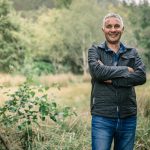
Mike is also a leading specialist in the field of Māori and indigenous economic development and draws on that experience to underpin his tech platform work with indigenous values and aspirations. Mike is also an independent director of a number of companies including Mercury, Auckland Tourism, Events and Economic Development (ATEED) and Canvasland, and is an Edmund Hillary Fellow.
This story is part of a series called “Our Regenerative Future” produced in collaboration with Edmund Hillary Fellowship which investigates the current state of regenerative agriculture in New Zealand, and highlights future opportunities for the country’s primary production sector.
Back To Our Regenerative Future
Alina Siegfried


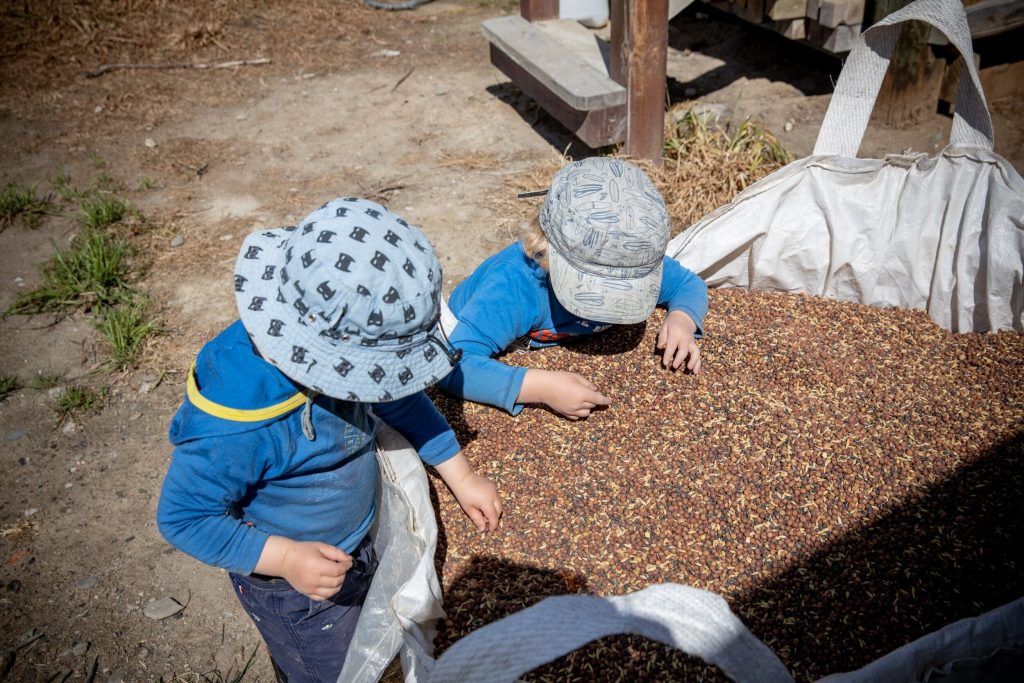
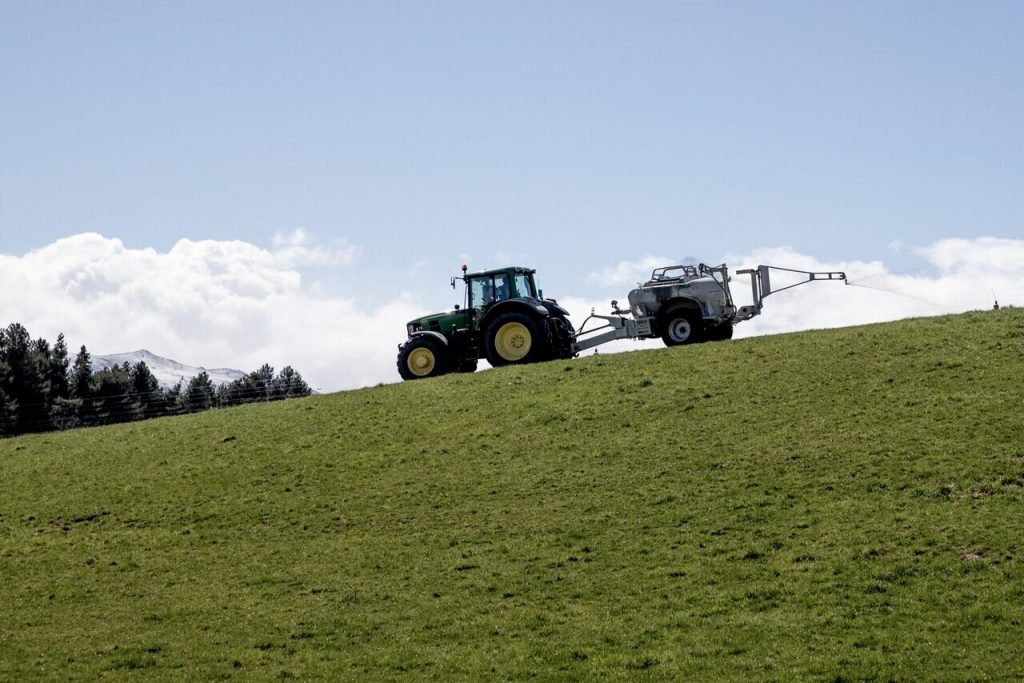
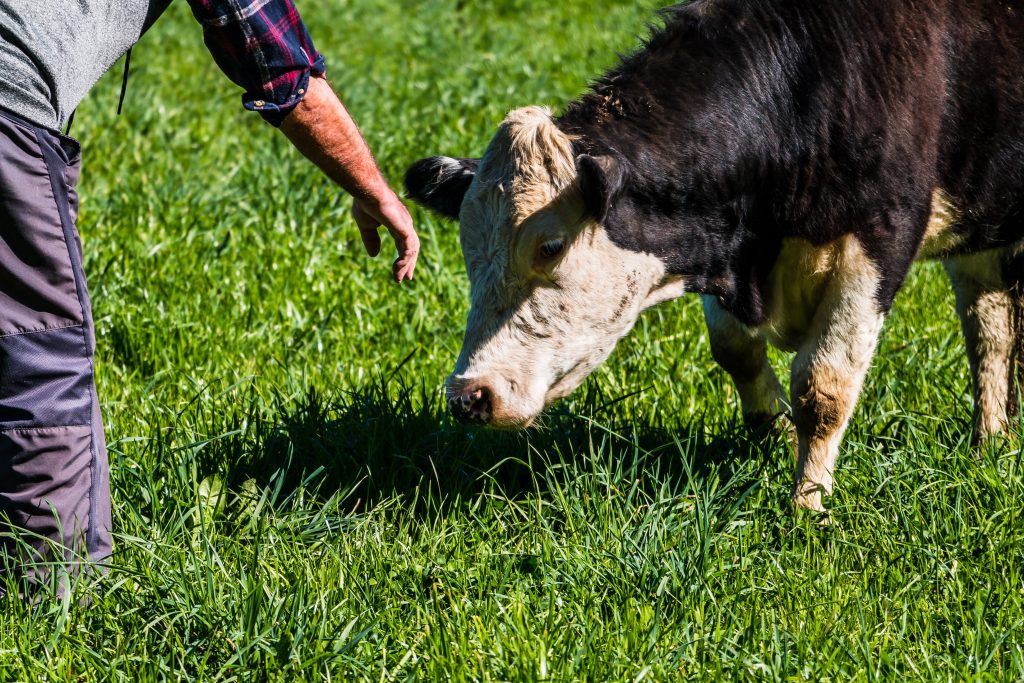


Leave a comment